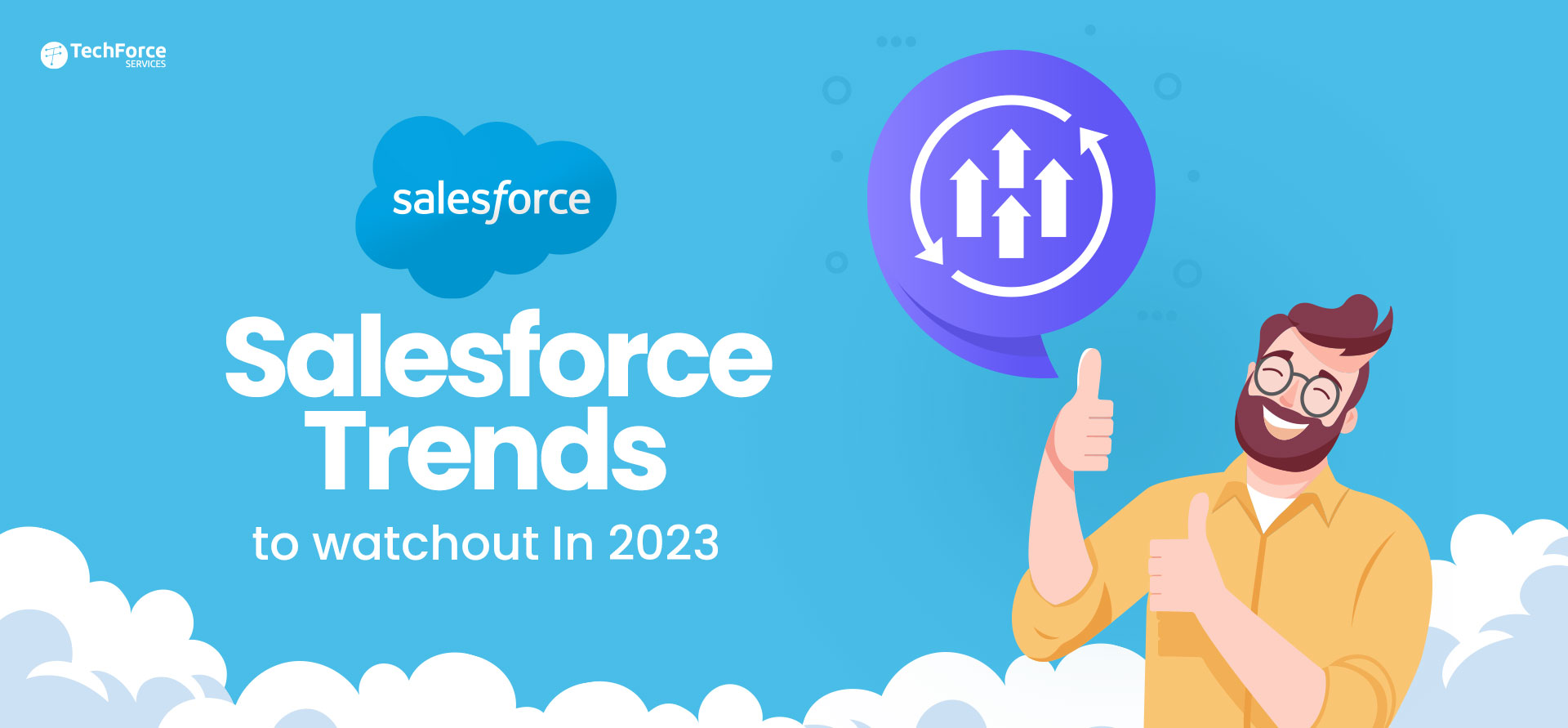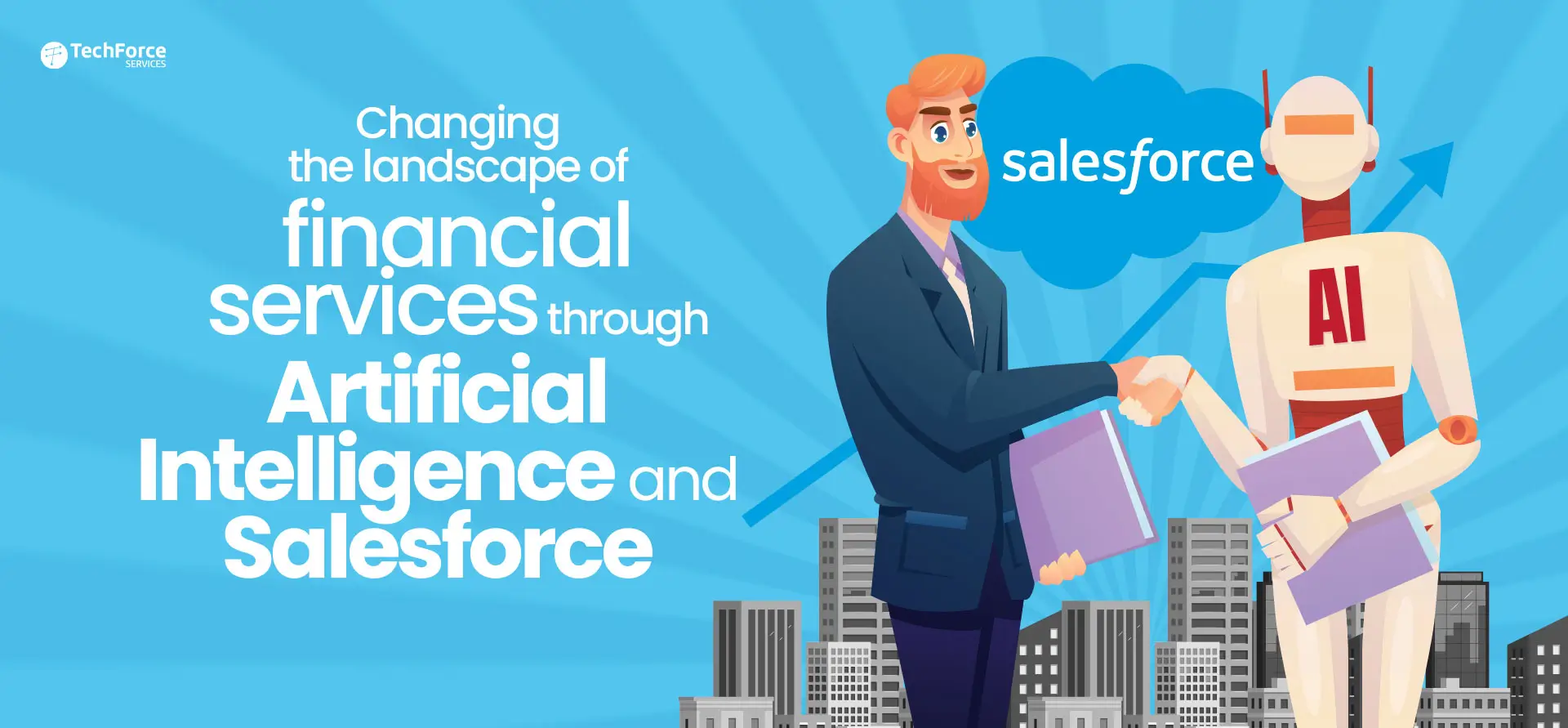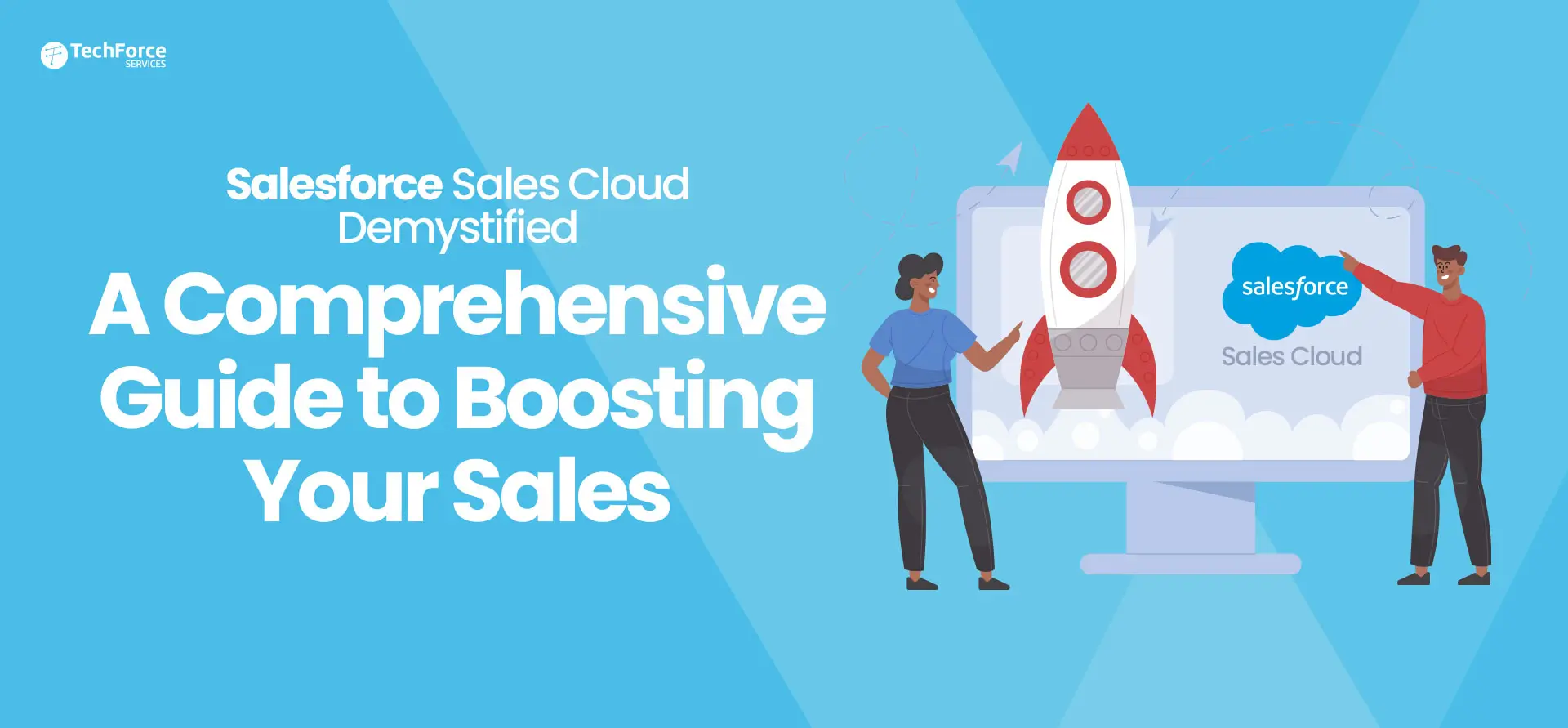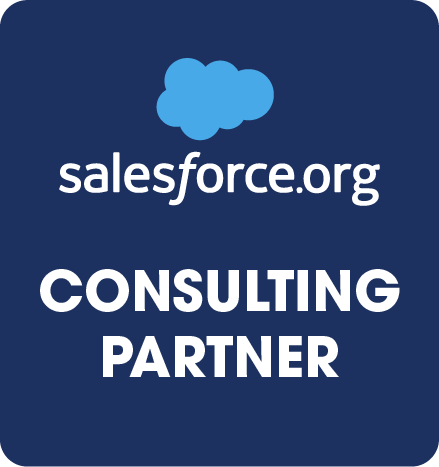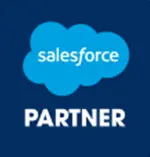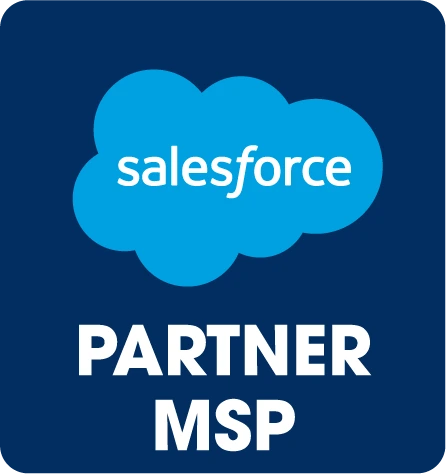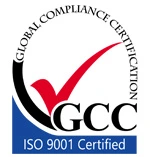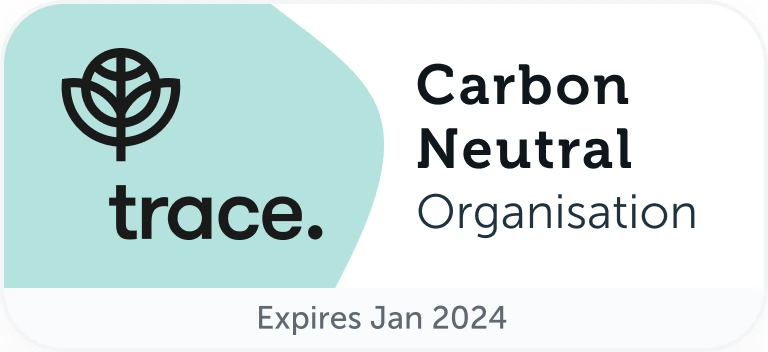In the dynamic realm of CRM, Salesforce stands as a formidable force, fostering business growth and delivering top-tier customer experiences. While numerous businesses have profited from Salesforce implementation consulting, some remain unaware of its full potential. To achieve heightened outcomes, enterprises must grasp key Salesforce trends of 2023. This article explores pivotal trends shaping the Salesforce landscape and fostering exponential business growth. From AI-driven automation to holistic customer insights, transformative cloud trends abound.
Top Salesforce CRM Trends in 2023
Let’s delve deeper into the present trends within Salesforce:
Hyperforce Architecture
Introducing Salesforce Hyperforce—an innovative architecture enabling clients to operate Salesforce within their preferred public cloud environment, like Amazon Web Services (AWS), Microsoft Azure, or Google Cloud Platform (GCP).
Hyperforce empowers clients to leverage public cloud infrastructure for their Salesforce apps, granting heightened data control and resource flexibility.
This system divides Salesforce into distinct compute and storage layers. Clients can store data in their chosen public cloud while deploying the Salesforce app in an independent compute layer.
Artificial Intelligence and Machine Learning
Incorporating AI and ML is no longer a trend; it’s a fundamental element of every CRM system. Salesforce’s significant investment in AI and ML empowers customers with tailored encounters, streamlined automation, and actionable understandings. Through AI, Salesforce aids businesses in pinpointing novel prospects, automating mundane tasks, and individualizing client interactions. For instance, Salesforce Einstein dissects data, furnishing sales teams with insights that drive data-oriented choices.
Salesforce Health Cloud 2.0
Tailored exclusively for the healthcare industry, Salesforce Health Cloud stands as a dedicated CRM platform crafted to enhance patient encounters and outcomes while streamlining healthcare provider workflows.
In the wake of the global pandemic, Salesforce Health Cloud has evolved into an essential solution for healthcare institutions. It empowers healthcare providers to harmonize patient data originating from diverse sources, encompassing electronic health records (EHRs), wearables, and more, into a singular comprehensive patient profile. This amalgamated view equips providers with a holistic patient perspective, enabling them to make well-informed treatment choices.
This platform facilitates patient data administration, care coordination, patient engagement, and comprehensive analytics. Salesforce Health Cloud serves as a potent tool for healthcare providers seeking to elevate patient experiences and outcomes by optimizing data management and seamless coordination.
Flow Orchestrator
Flow Orchestrator, a feature within Salesforce, empowers enterprises to automate intricate business operations via low-code automation. This tool facilitates the creation and execution of multi-step processes involving various departments or systems.
An integral component of the Salesforce Lightning platform, Flow Orchestrator offers a visual interface to construct and oversee workflows, capable of interfacing with Salesforce data, external services, and systems. With remarkable adaptability and scalability, it enables users to automate recurring tasks, including data input, approvals, and notifications, while also streamlining elaborate business procedures spanning multiple departments and systems.
Data Privacy and Security
Astra Security’s research reveals a staggering 2200 cyber attacks daily, occurring approximately every 39 seconds. This escalating threat underscores the increasing significance of data privacy and security for safeguarding organizational data. Clients seek enduring partnerships with vendors who prioritize top-tier security.
Addressing these concerns, the latest Salesforce CRM trends incorporate robust and highly preventative DDoS security measures. Salesforce has made substantial investments in data privacy and security, aligning with esteemed industry standards like GDPR, HIPAA, and SOC 2. Data protection is fortified through a three-tiered storage structure encompassing objects, fields, and records. Moreover, customers can experience a heightened sense of security through features such as two-factor authentication, encryption, and comprehensive security analysis.
Mobile-first Experiences
With the rising prevalence of mobile usage, companies will intensify their efforts towards providing mobile-first encounters for their clientele. In response, Salesforce is expected to amplify its mobile functionalities to cater to this demand, offering mobile apps and tools that empower businesses to interact with their customers seamlessly while on the move.
Data and System Integration
Through integration with MuleSoft Inc.’s web-based platform, Customer 360 empowers businesses to deliver personalized experiences and informed decision-making. The latest updates facilitate comprehensive data management, precise audience segmentation, and more.
Though achieving a unified consumer experience across channels might require time, prioritizing integration within Salesforce product development holds the promise of yielding unexpectedly high CRM tool ROI in the future.
Augmented reality (AR) and virtual reality (VR)
As per Statista’s projections, AR device users are anticipated to reach 1.73 billion by 2024. This statistic underscores the significant uptake of AR and VR technologies by businesses, aiming to provide customers with extraordinary experiences.
While AR and VR adoption trends are in their nascent stages, many companies, including Salesforce, have already embraced them. These evolving technologies extend beyond gaming, finding applications in sectors like E-commerce, enhancing customer shopping experiences through immersive interactions.
How to Leverage the Latest Salesforce Trends
To effectively leverage the latest Salesforce trends, businesses should embrace technological advancements to enhance customer relationships and streamline operations. By incorporating AI, automation, and data analytics, companies can personalize customer experiences, automate repetitive tasks, and extract actionable insights. Remaining adaptable is crucial, as the CRM landscape continually evolves. Stay informed about emerging tools, methodologies, and customer expectations. Integrate seamlessly across departments, utilizing Salesforce’s ecosystem to its fullest potential. Embrace remote work capabilities and prioritize data security and compliance. Ultimately, by staying attuned to the latest trends and integrating them judiciously, businesses can optimize processes, foster innovation, and drive sustainable growth.
Conclusion
Salesforce is an expanding cloud platform that aids in attaining your business objectives. Numerous companies extend budget-friendly Salesforce consulting services, orchestrating exceptional customer experiences through the platform’s capabilities. Our article delves into the forthcoming Salesforce trends for 2023.
For those eying Salesforce strategy and implementation as a dynamic business asset, considering engagement with a proficient Salesforce implementation partner is recommended. A dedicated team of certified Salesforce experts will collaborate closely with you, sculpting and executing an impactful solution tailored to your unique requirements.

